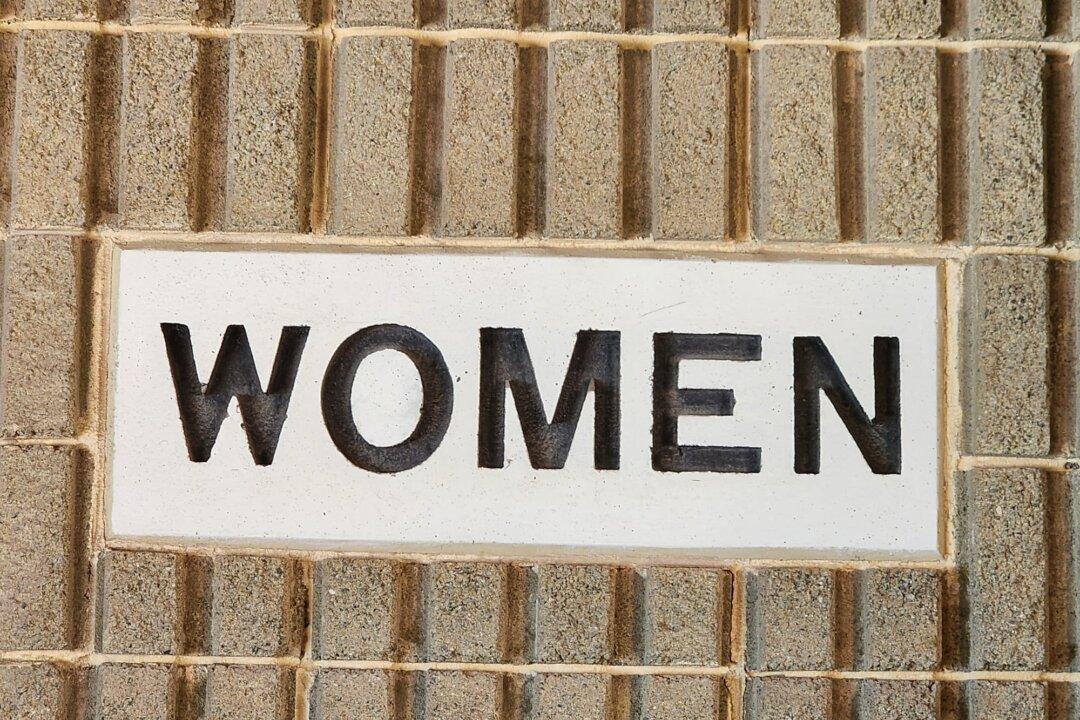The Opposition has questioned whether pay rises for female workers would affect the purchasing power of all Australians amid union demands on the government.
The Australian Council of Trade Unions (ACTU) is calling for a 9 percent pay rise for women in “key feminised industries.”





